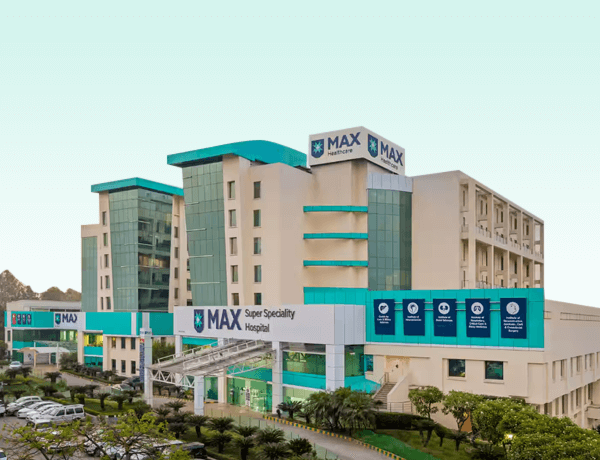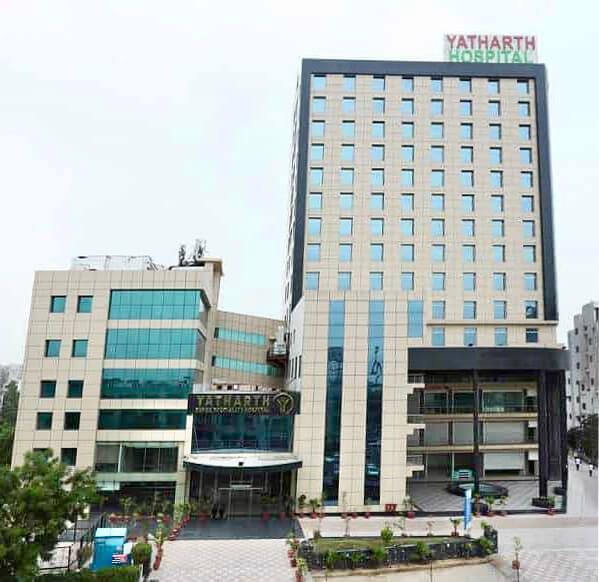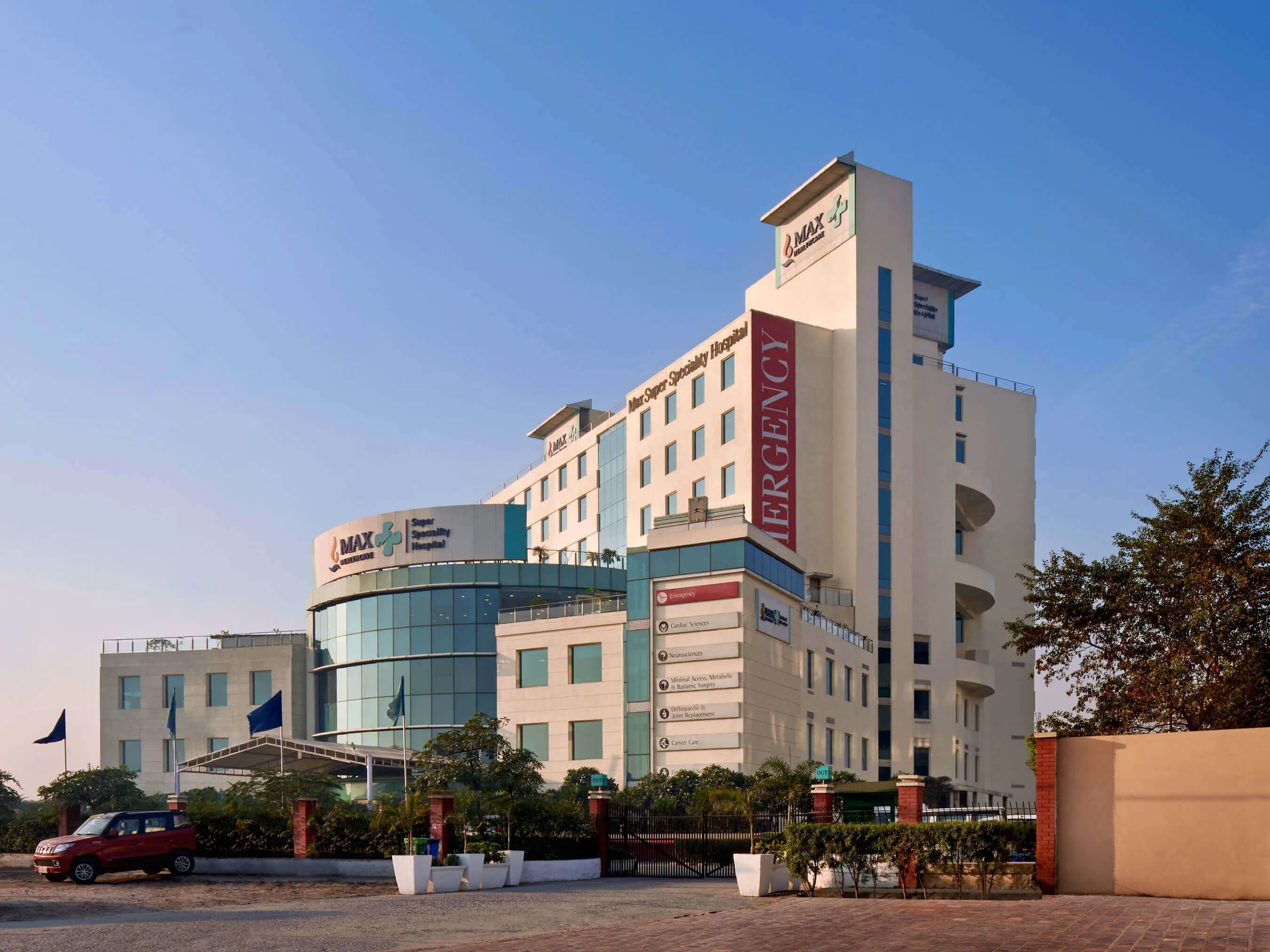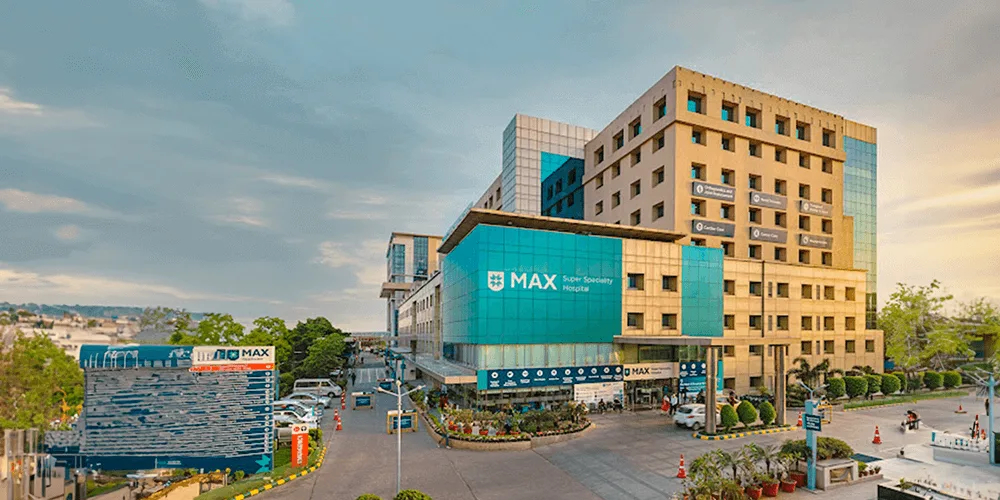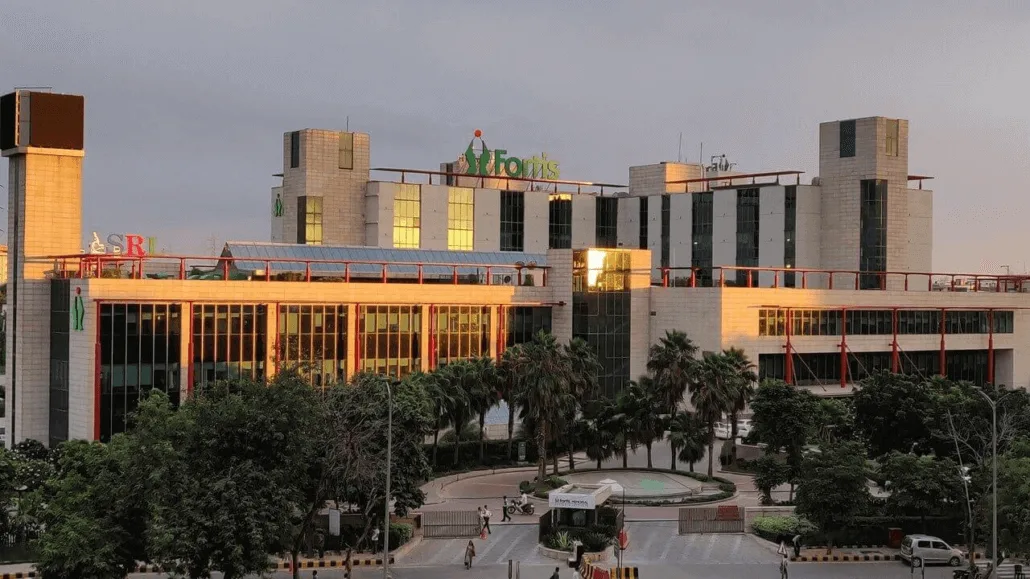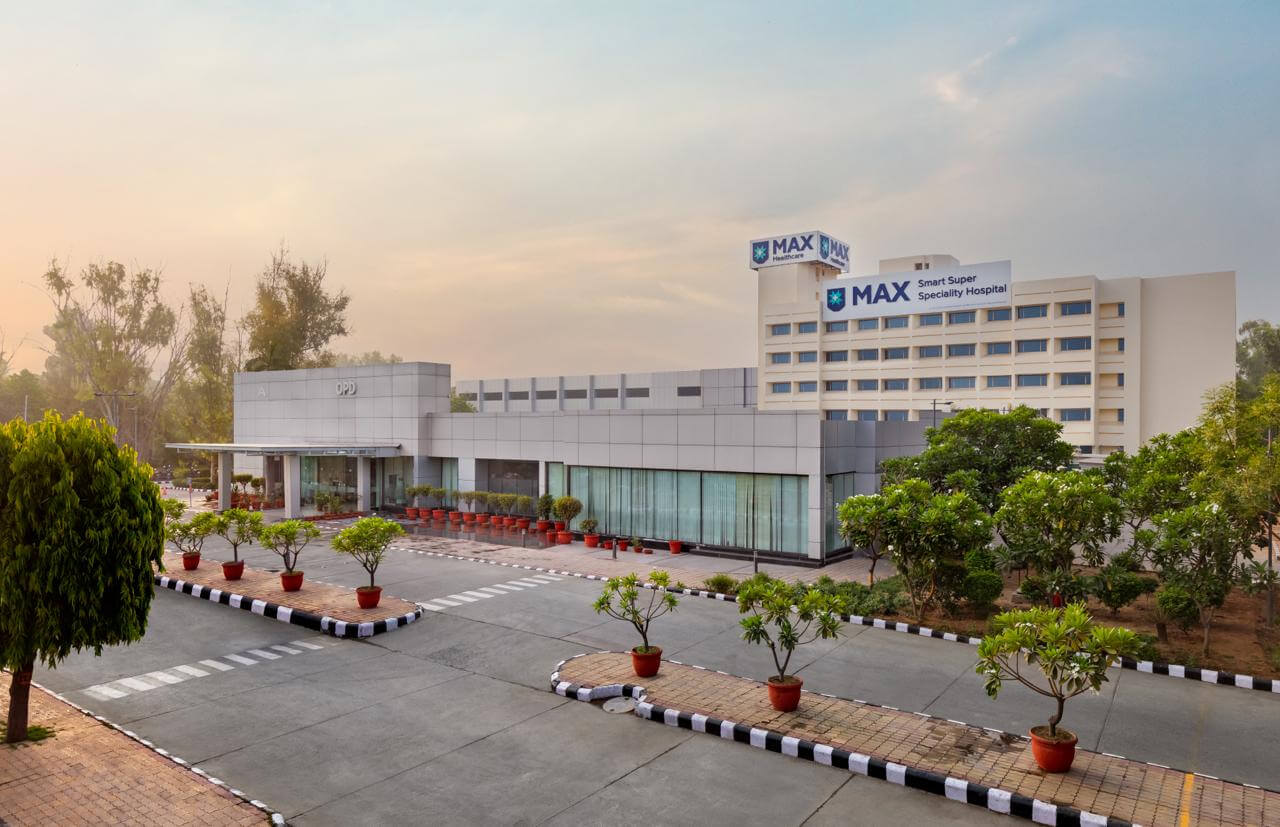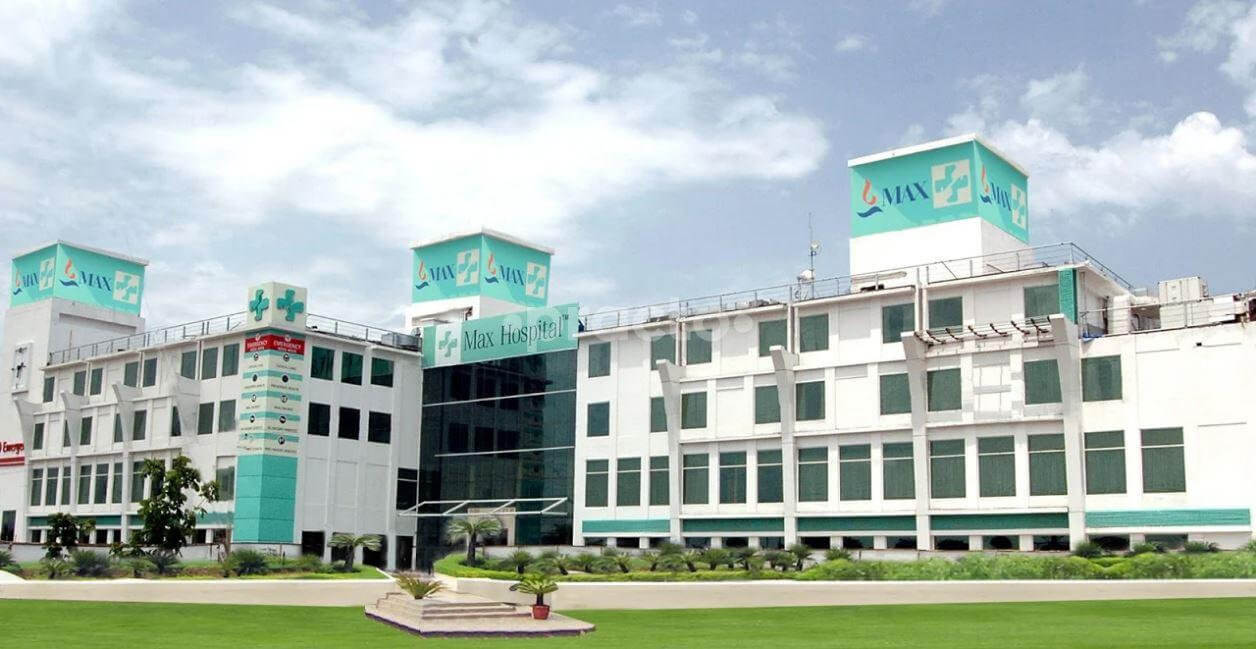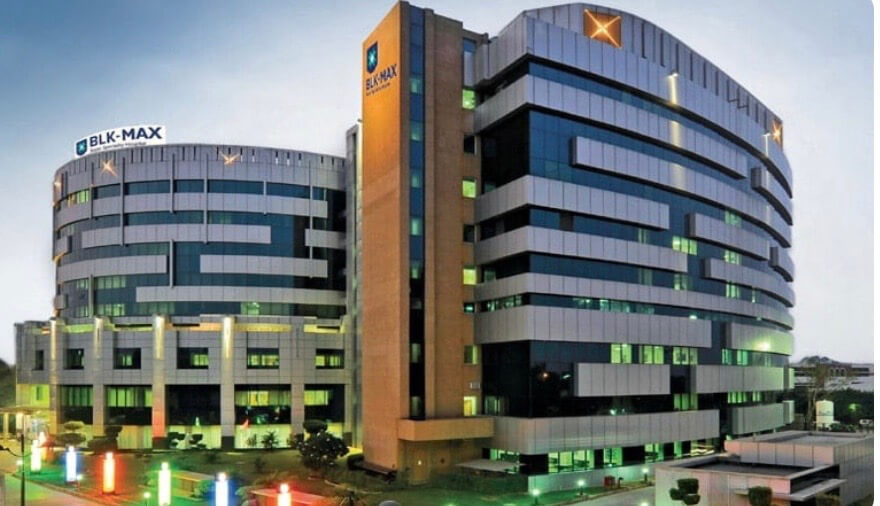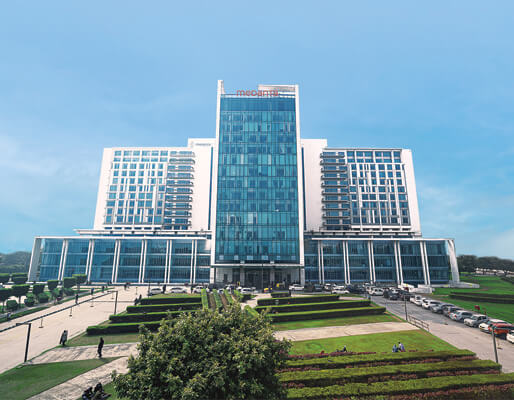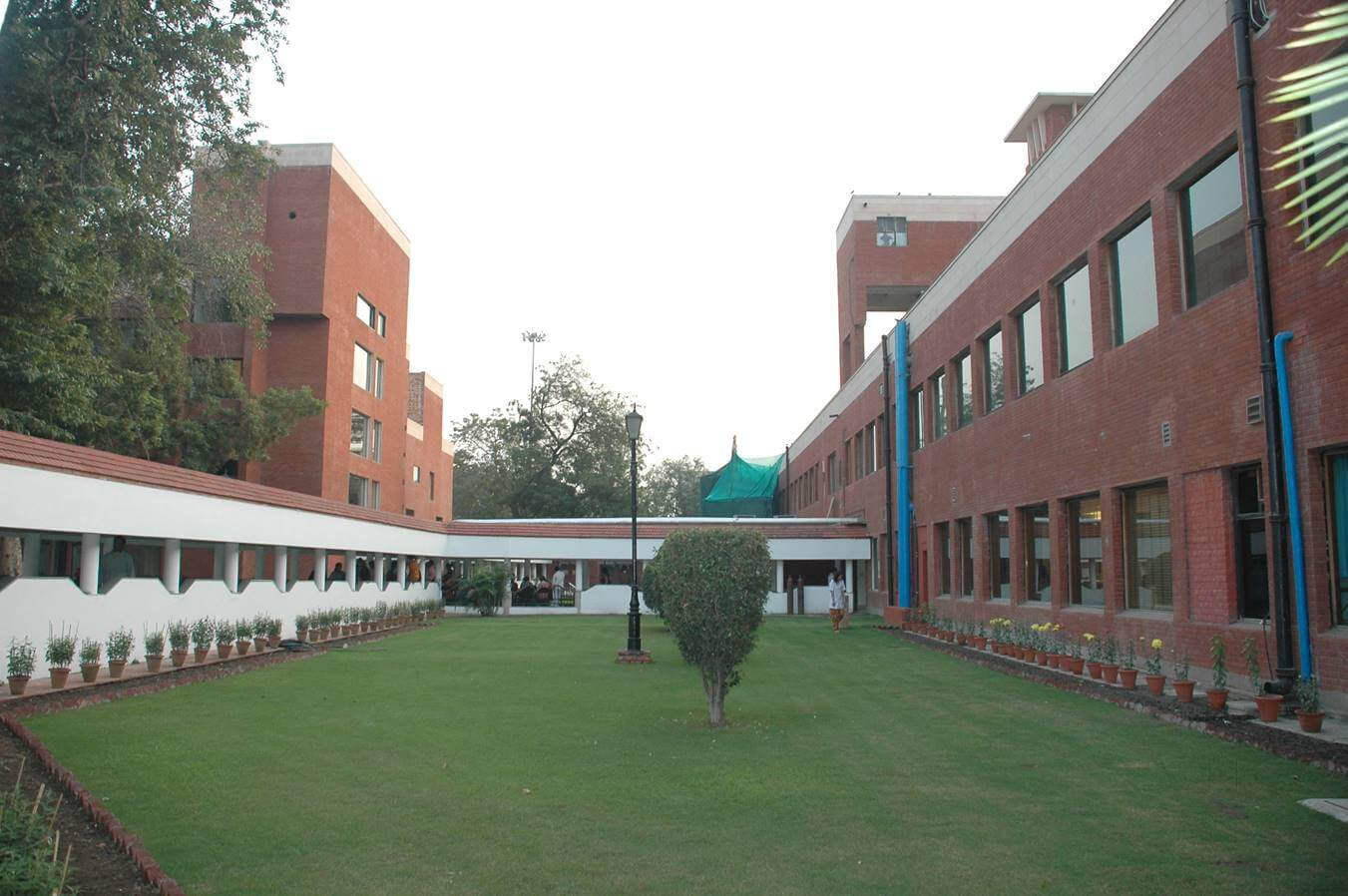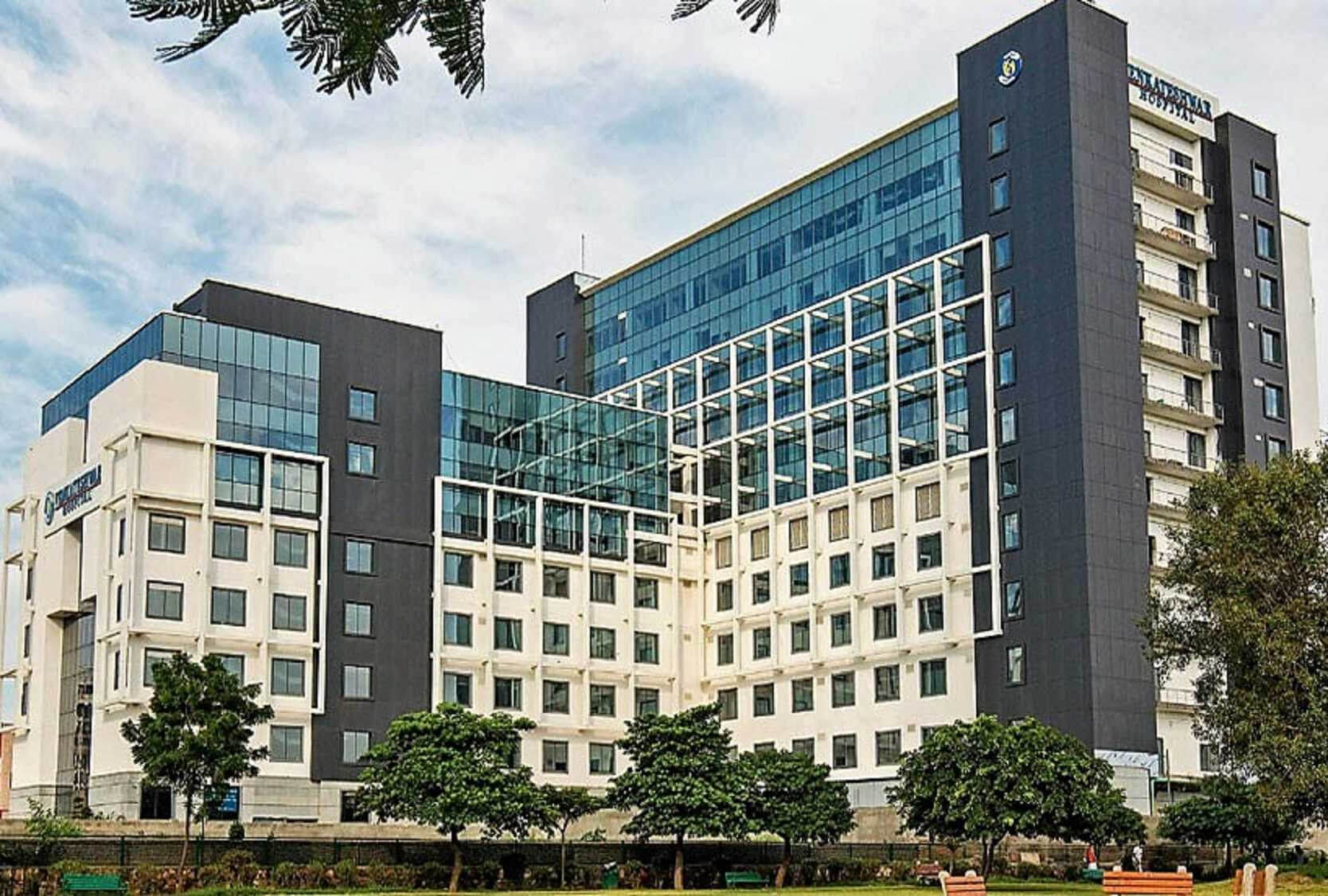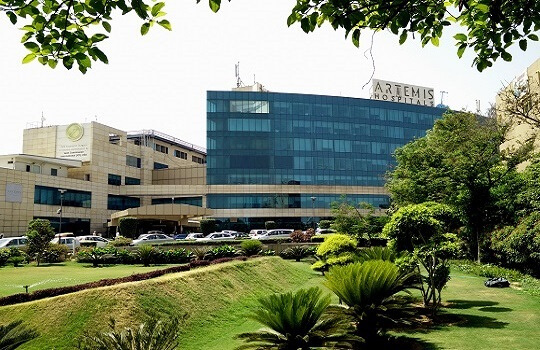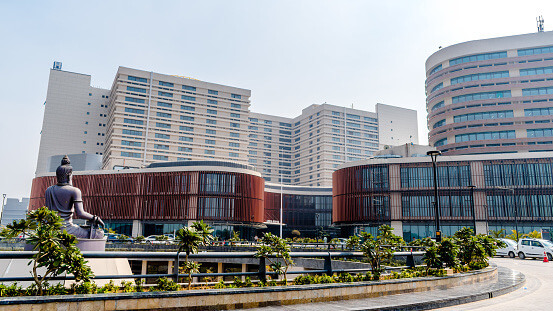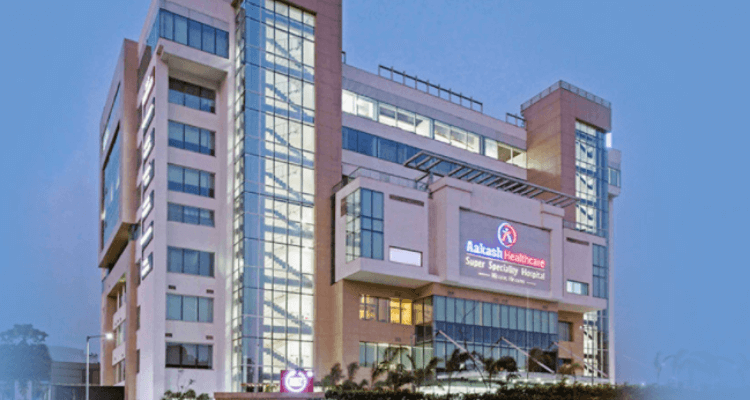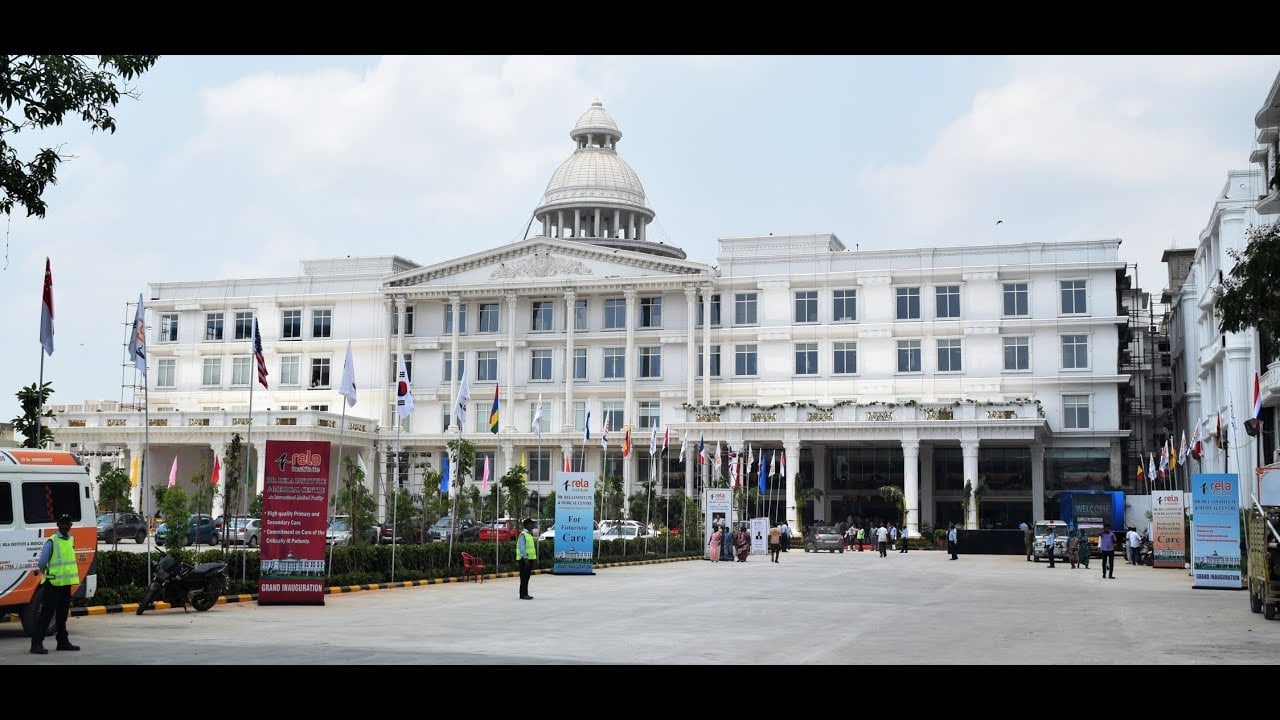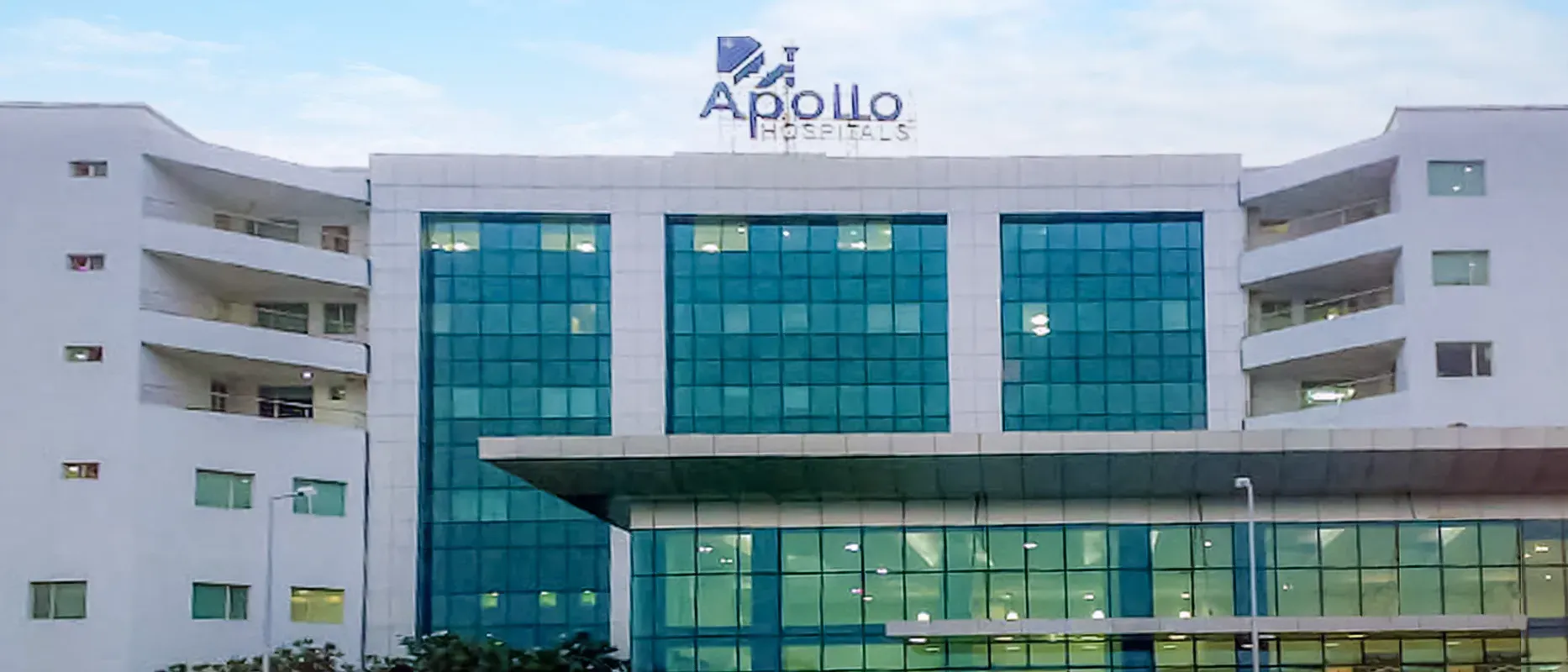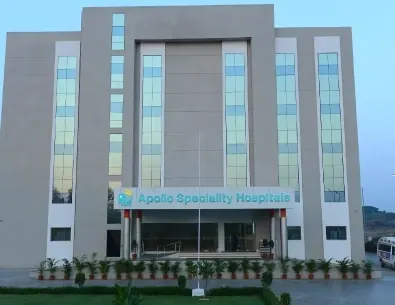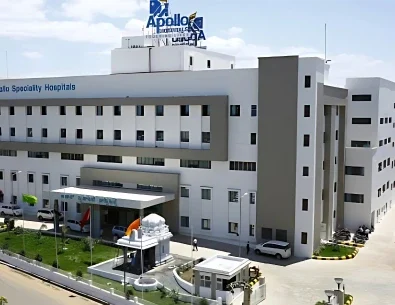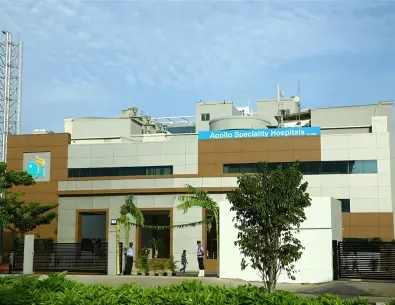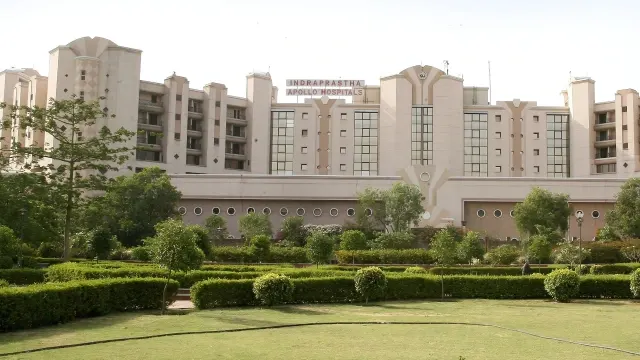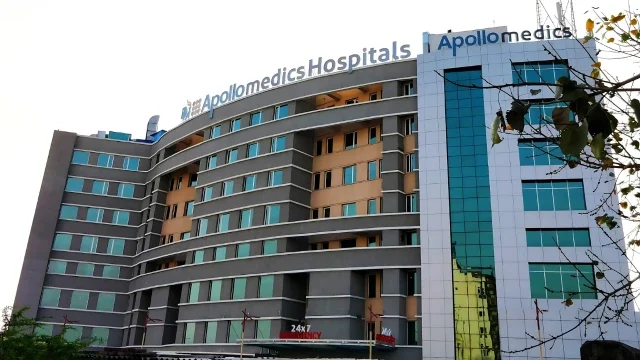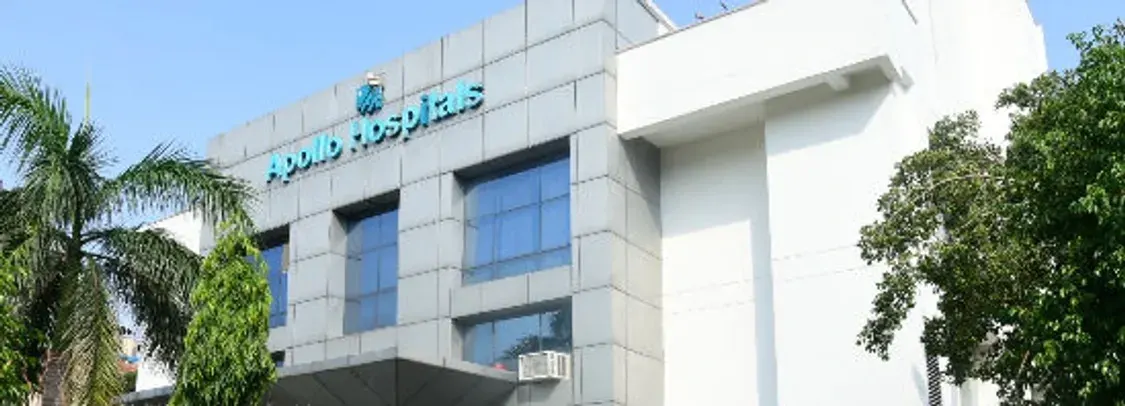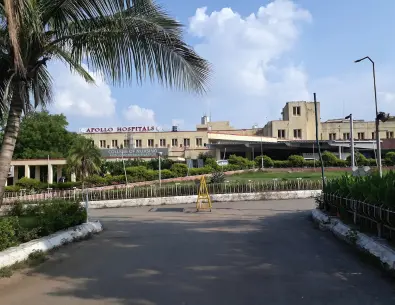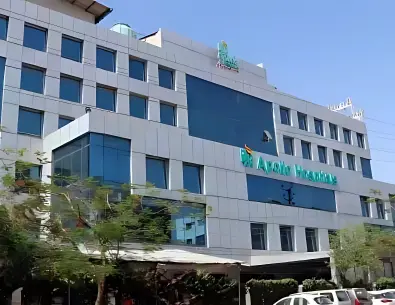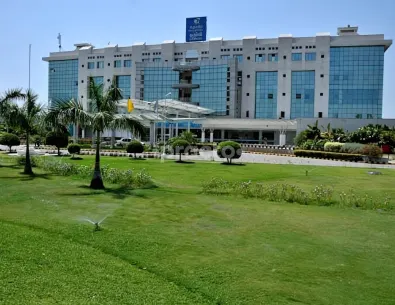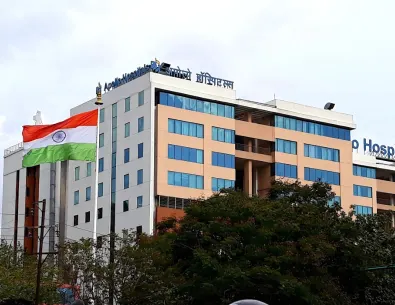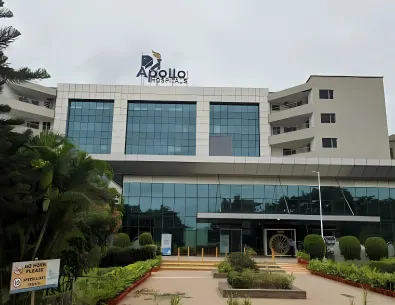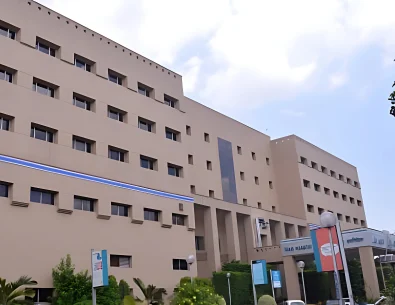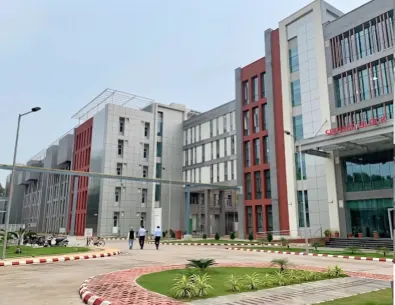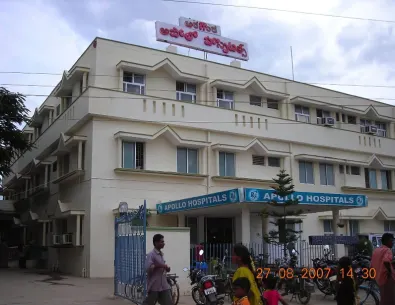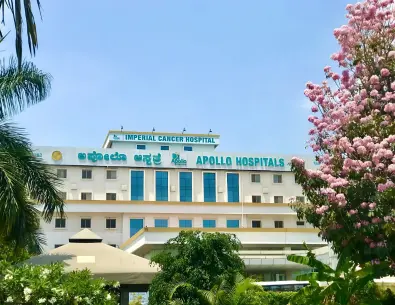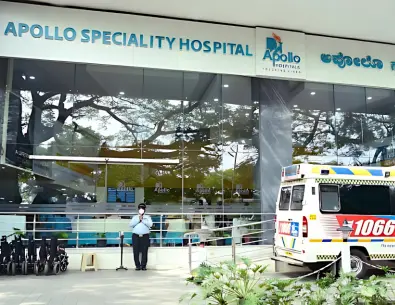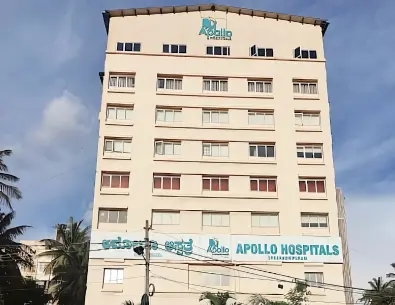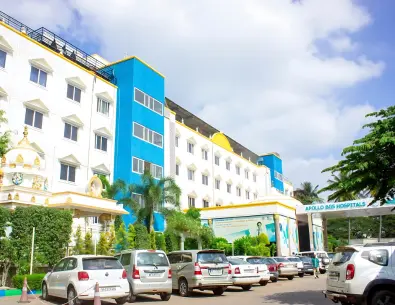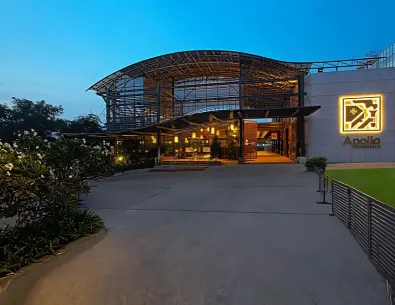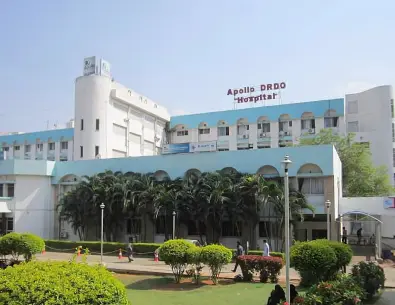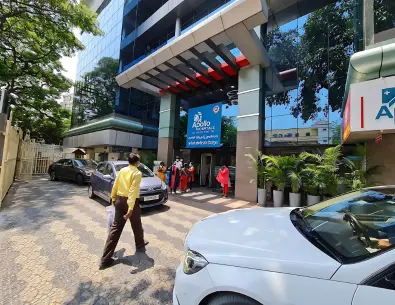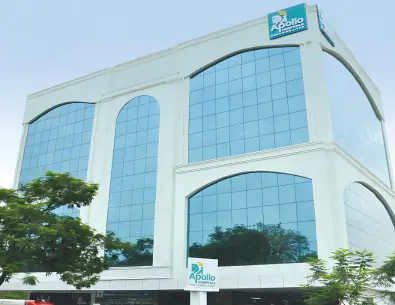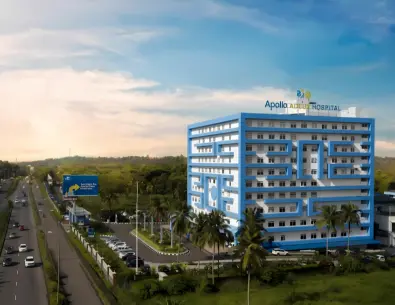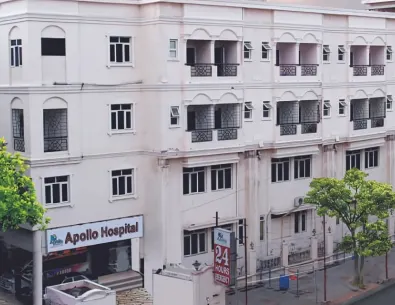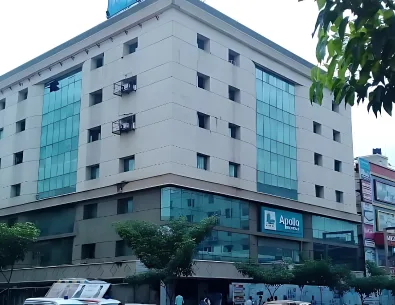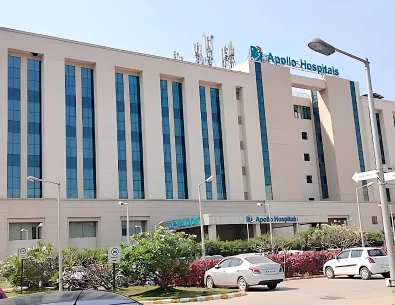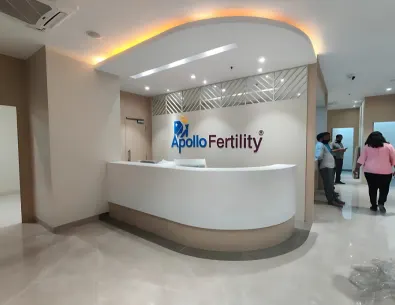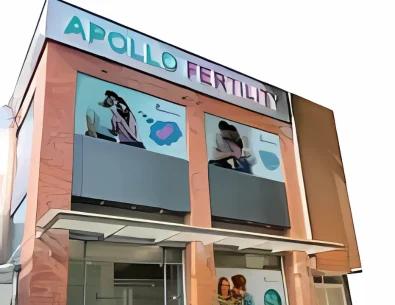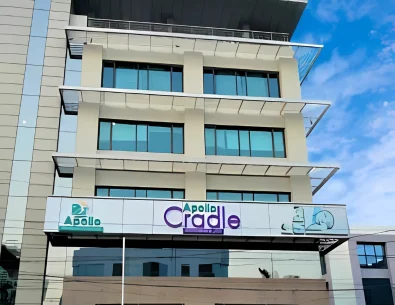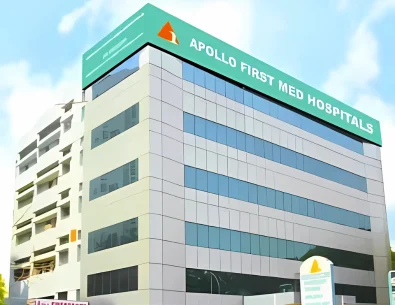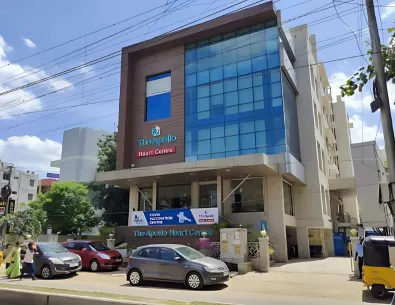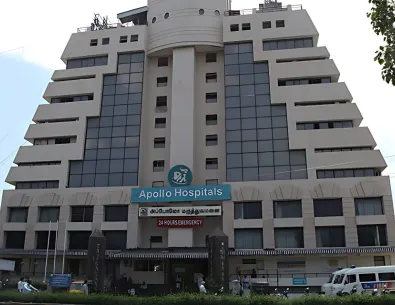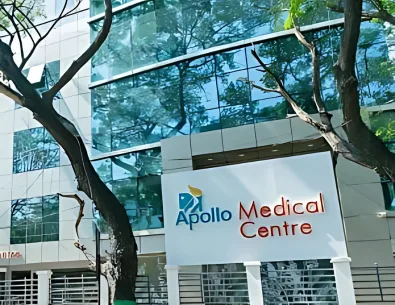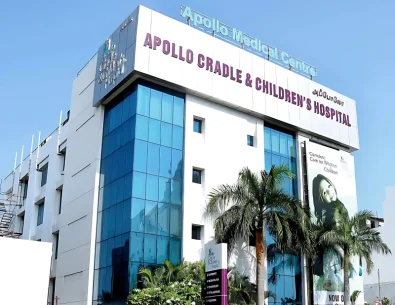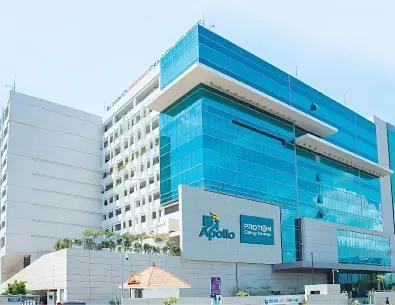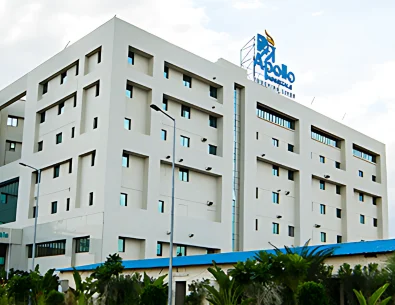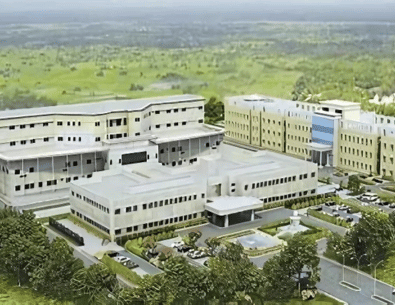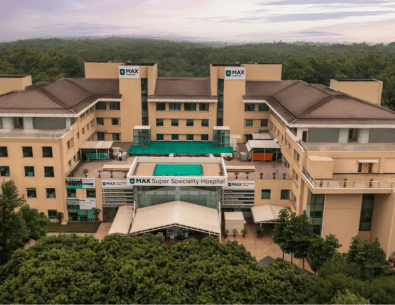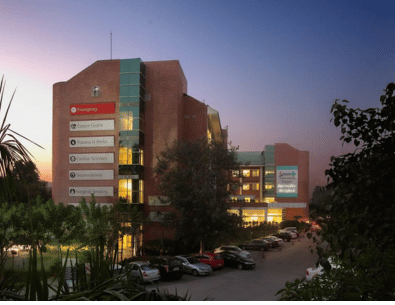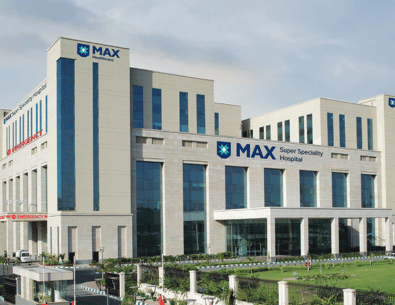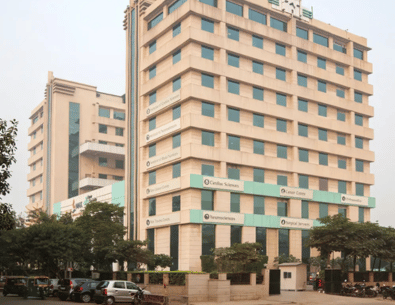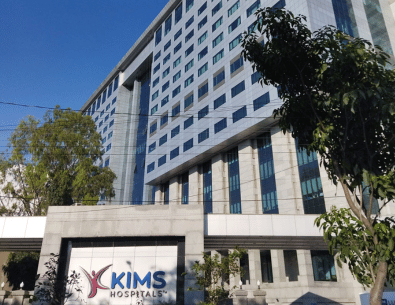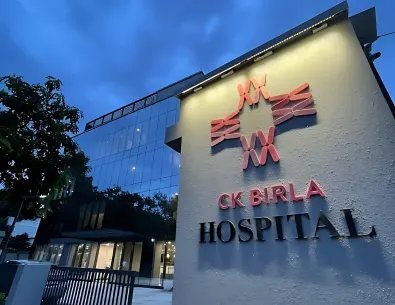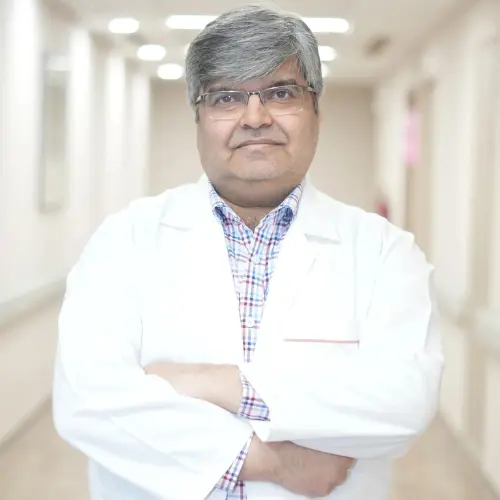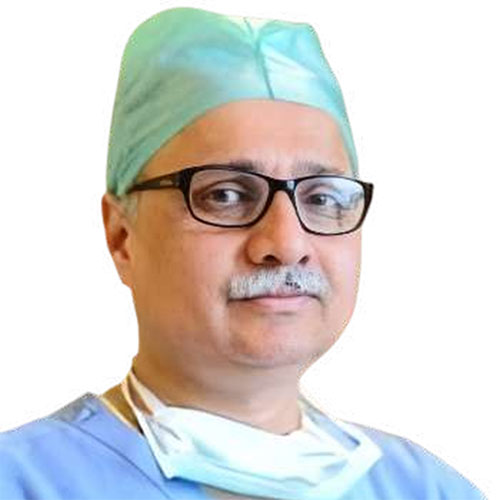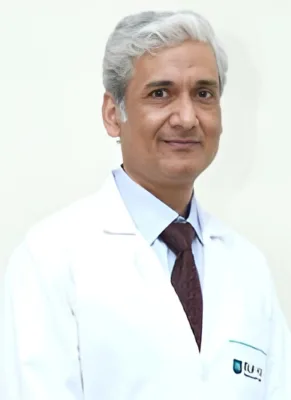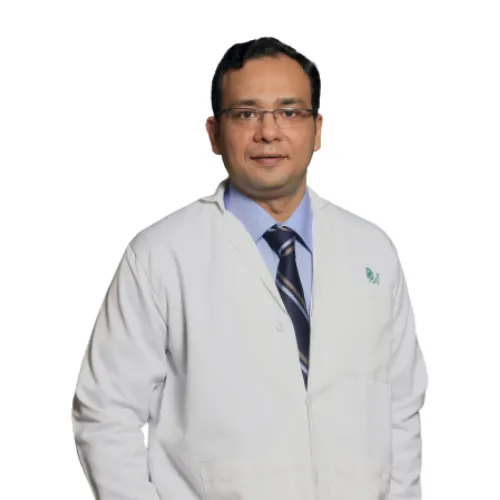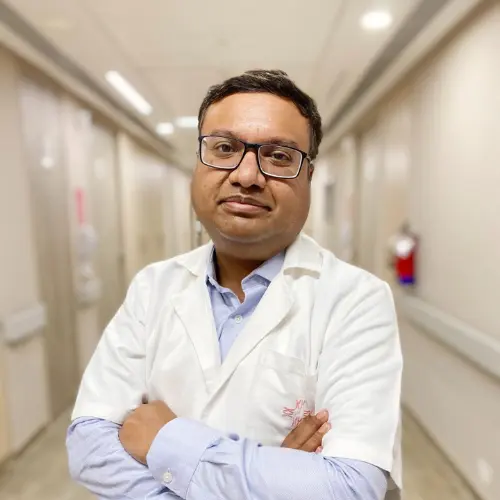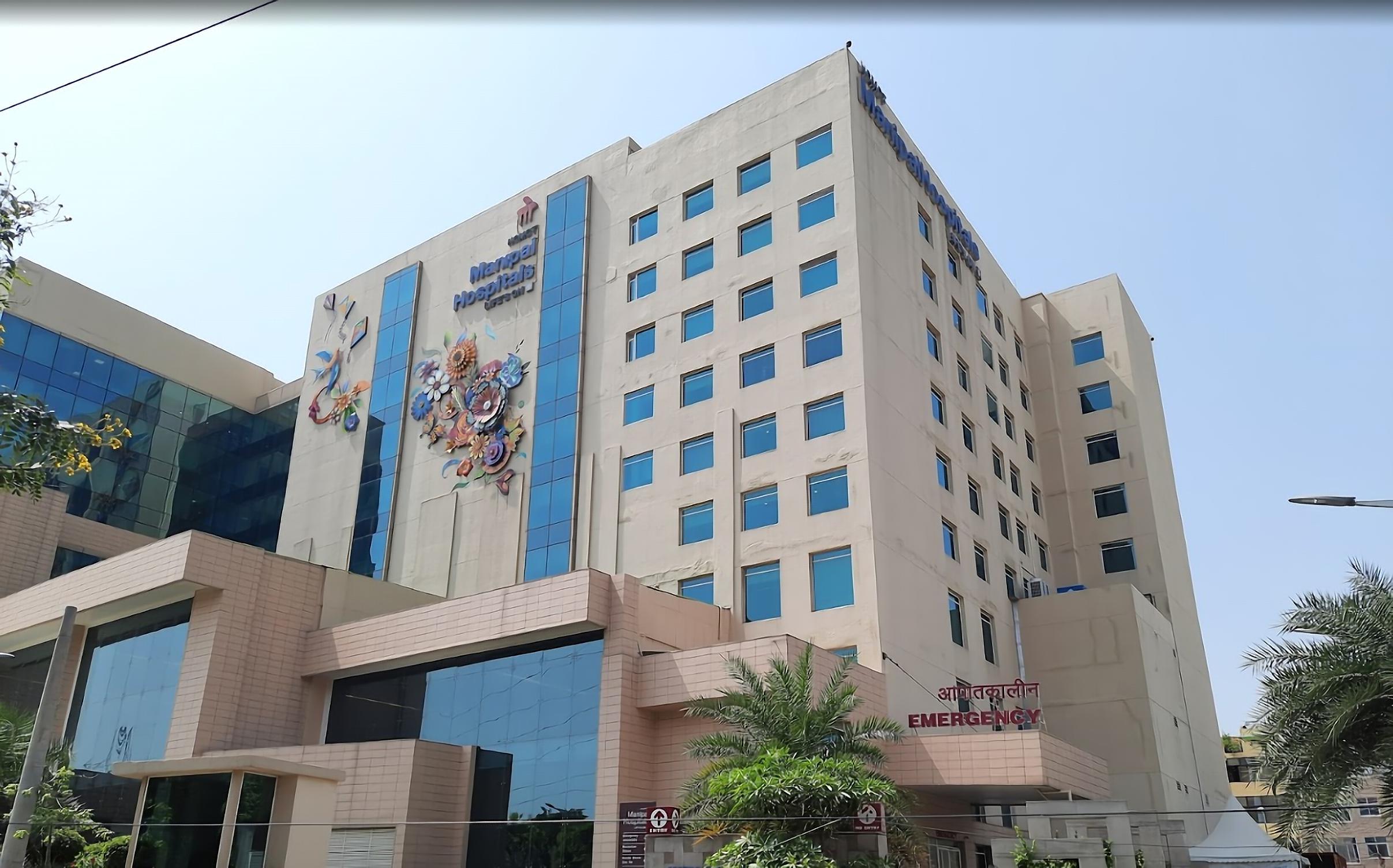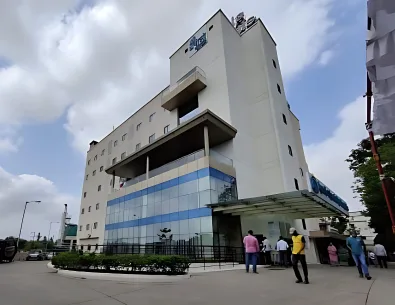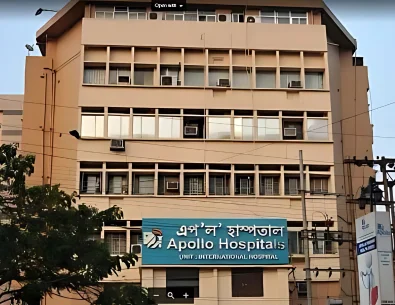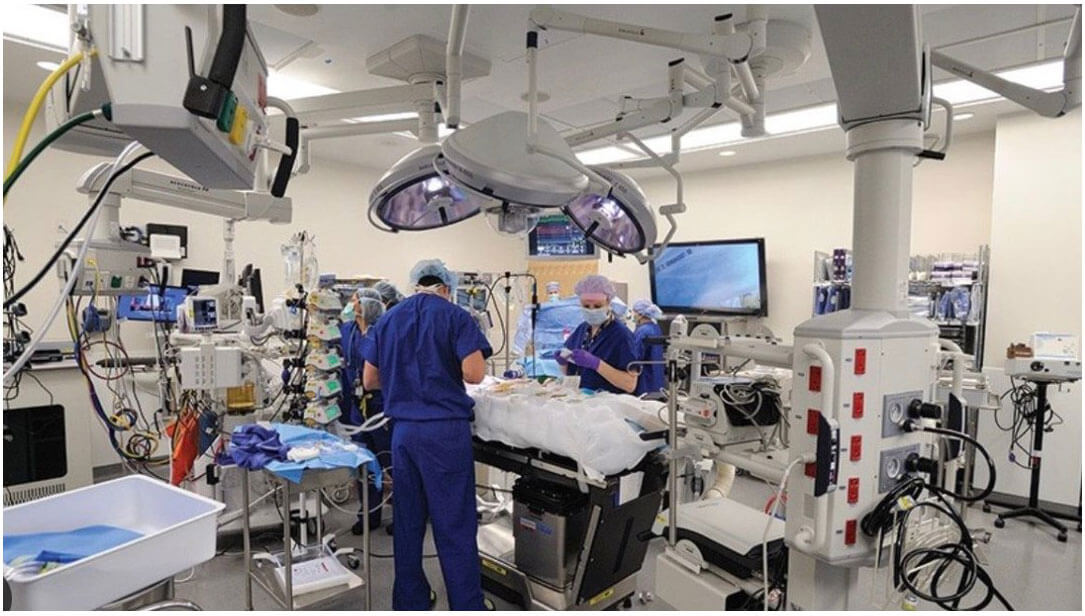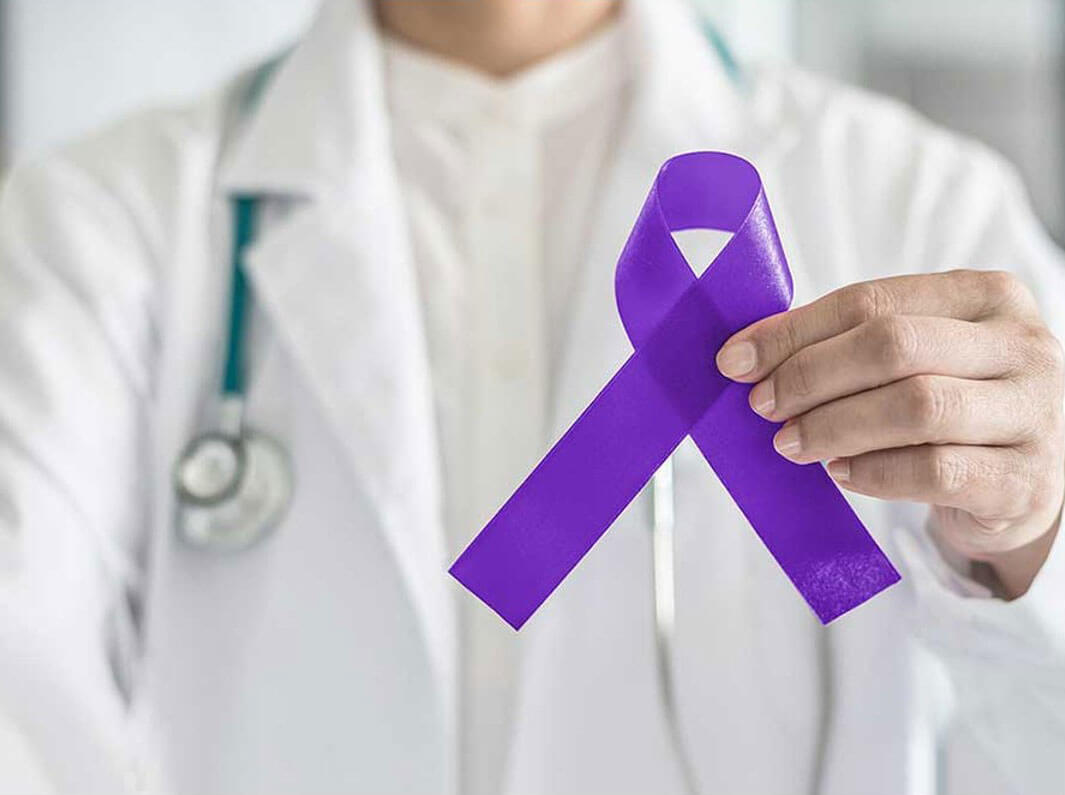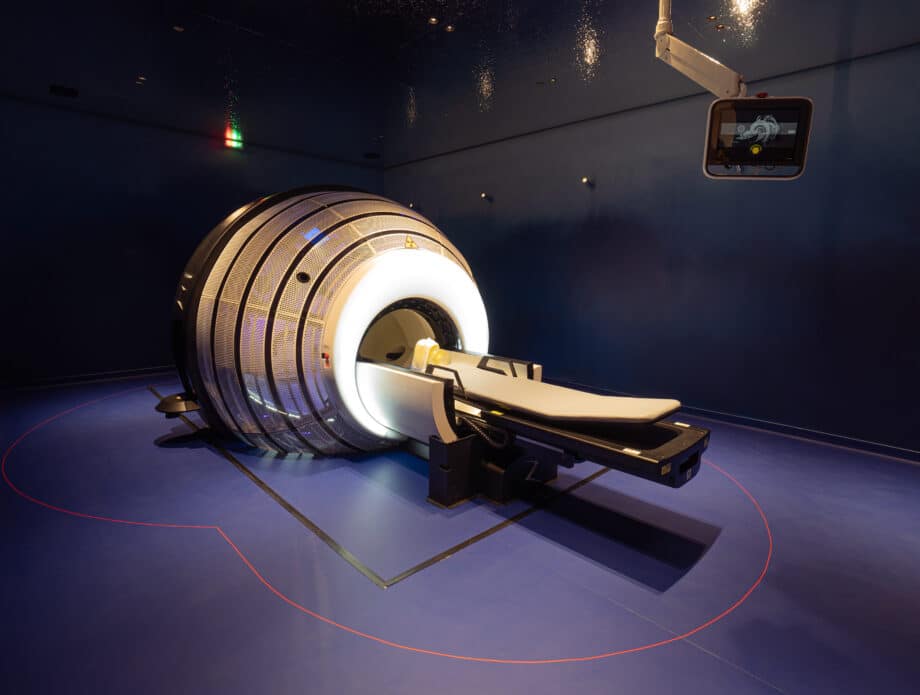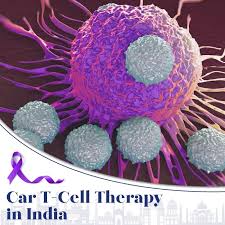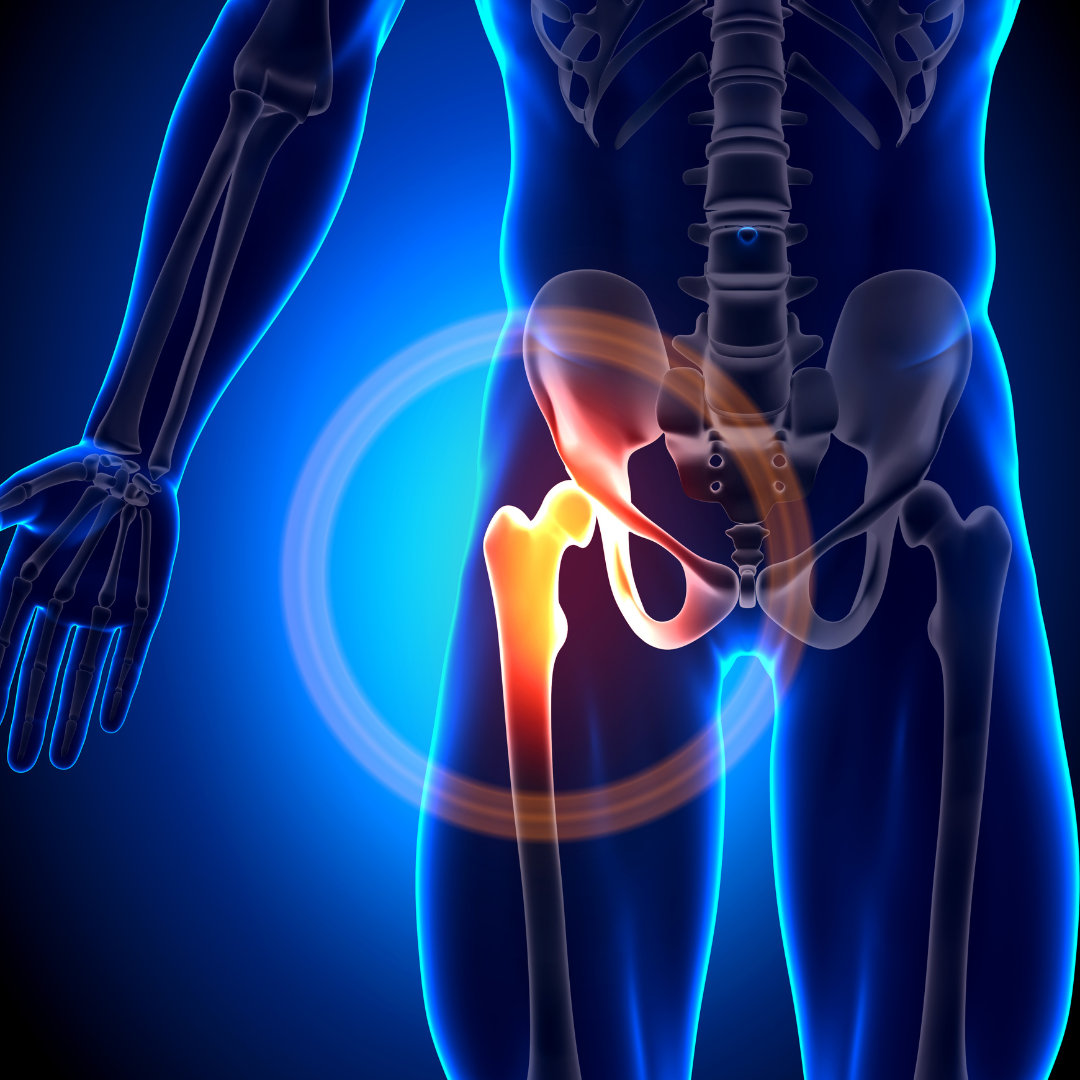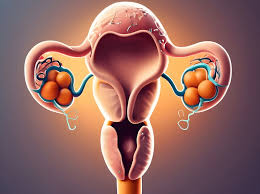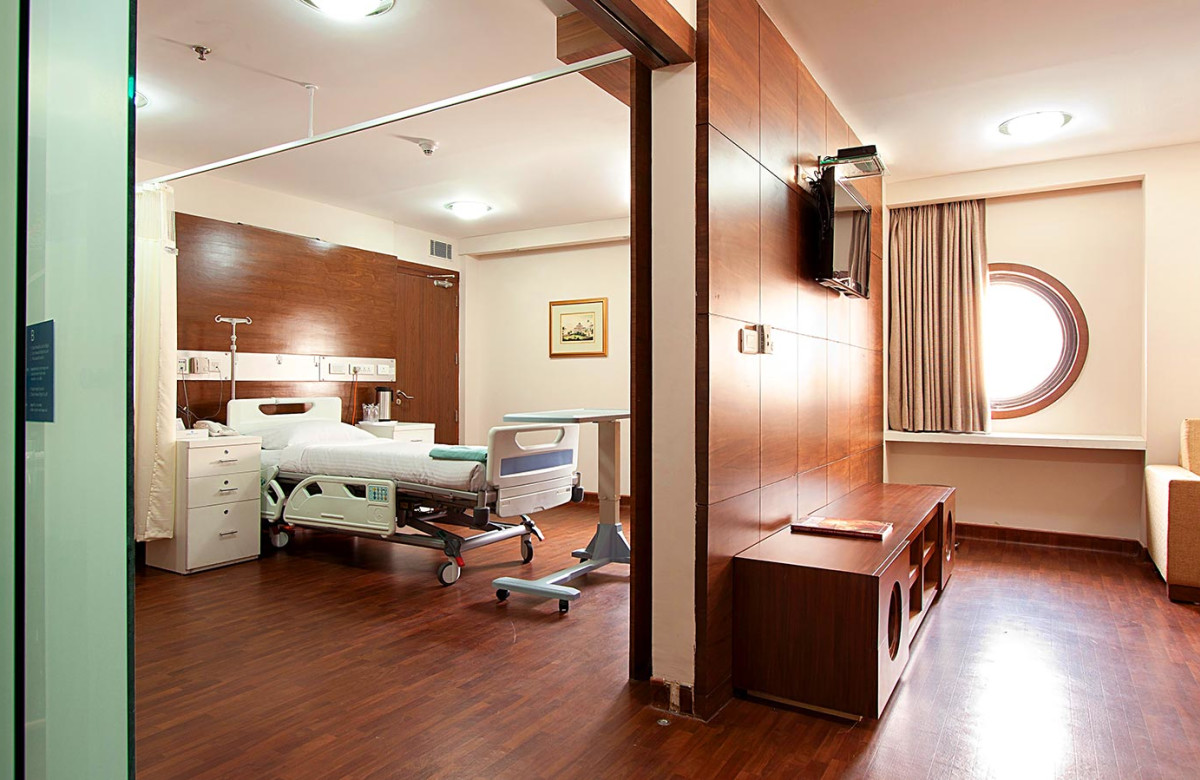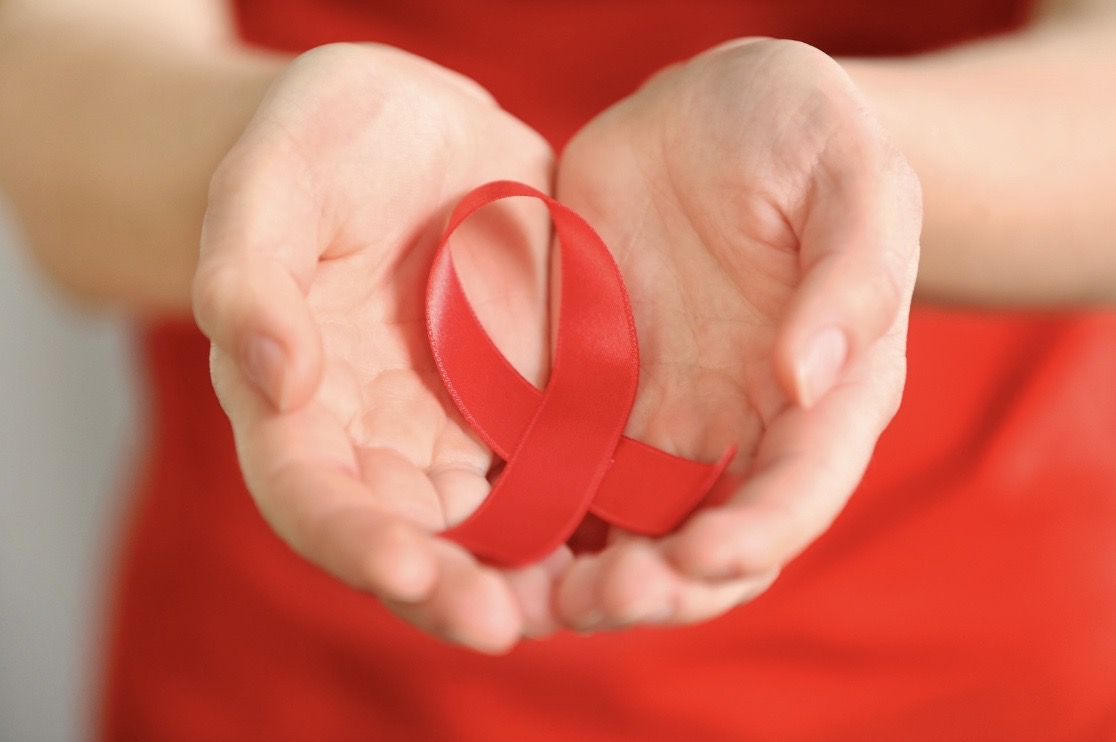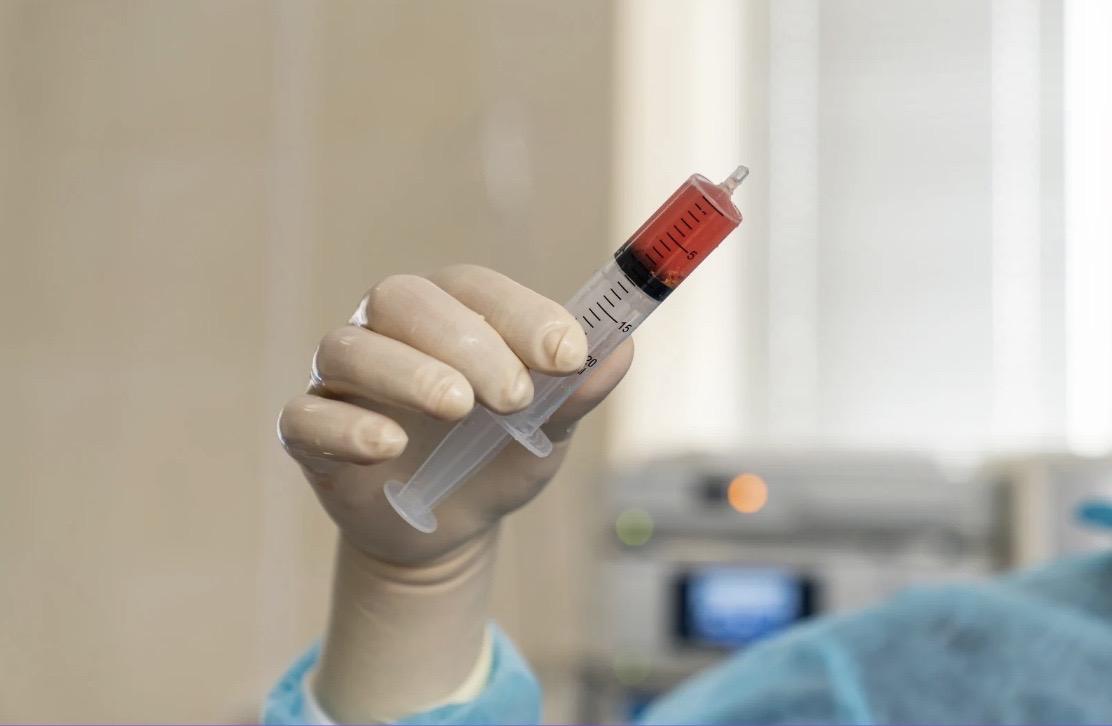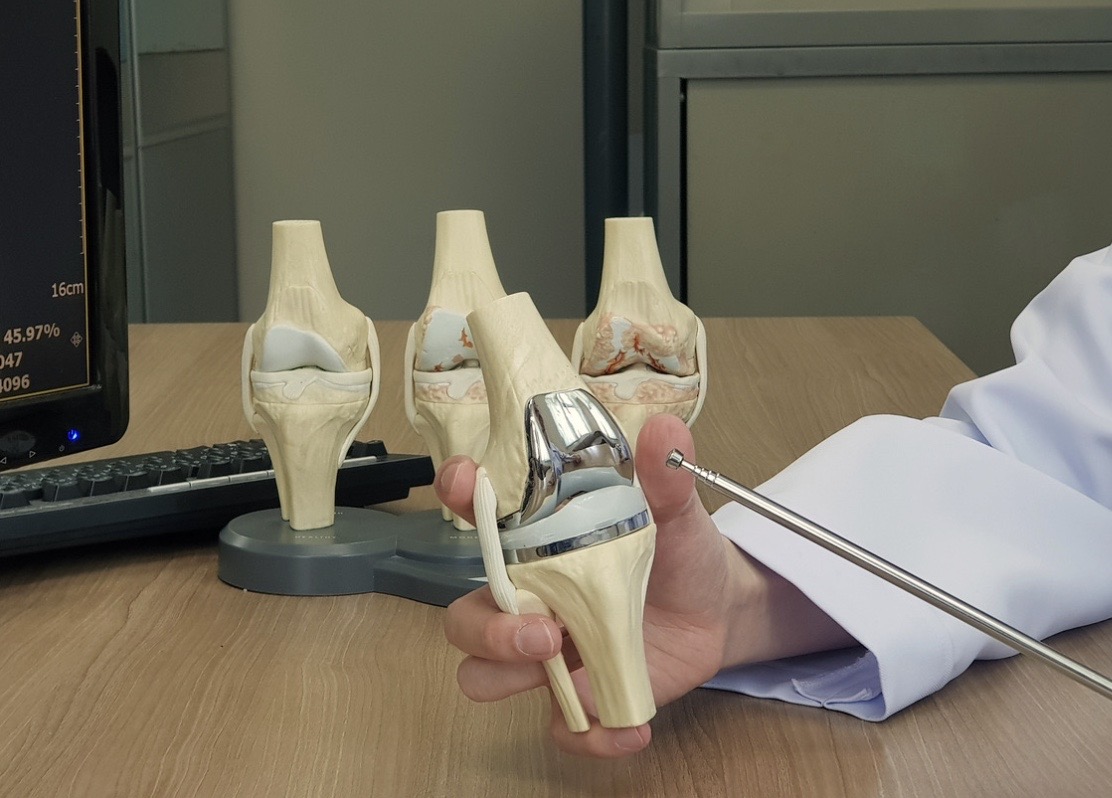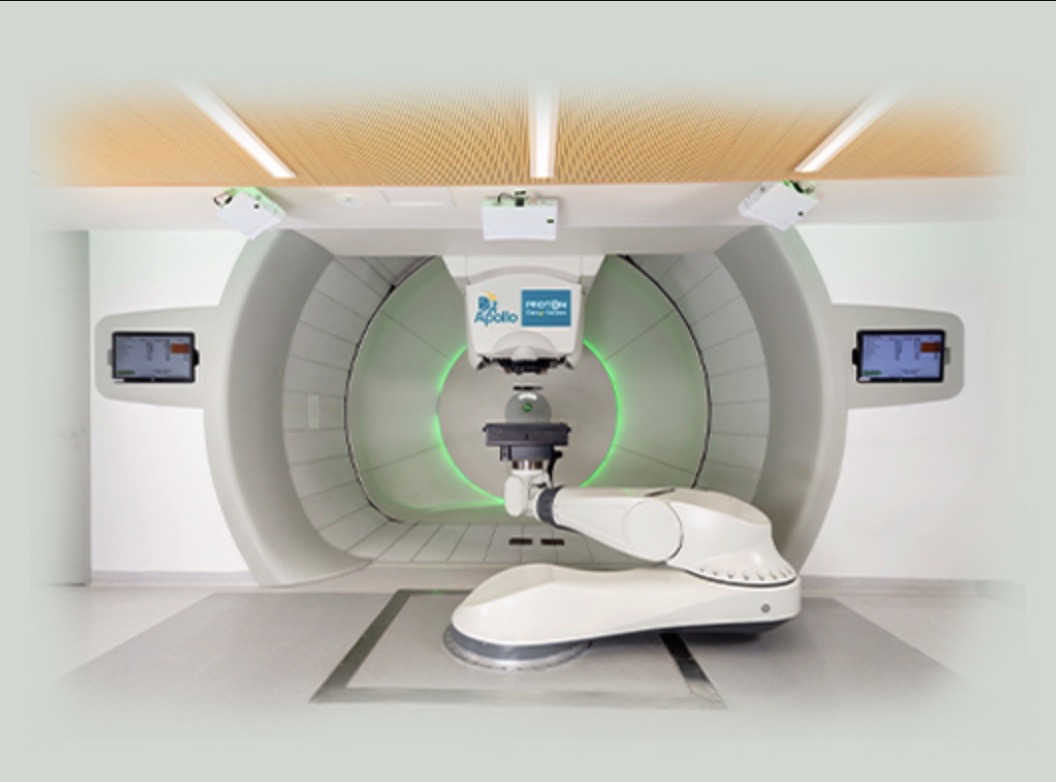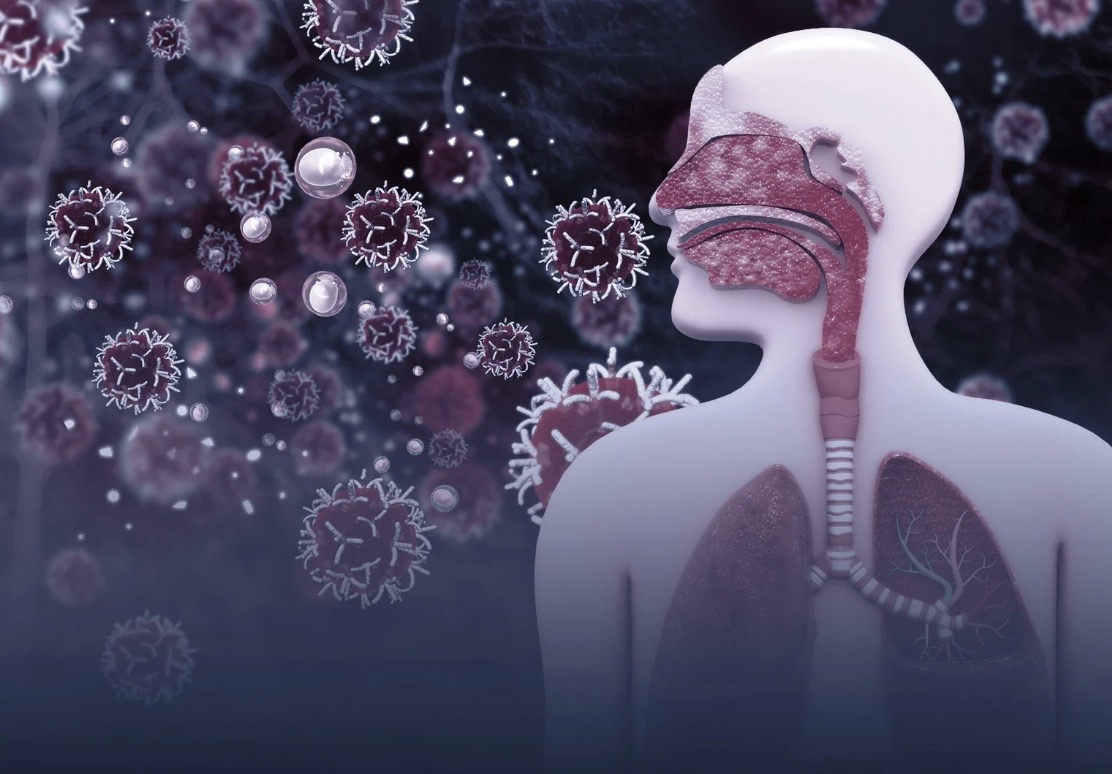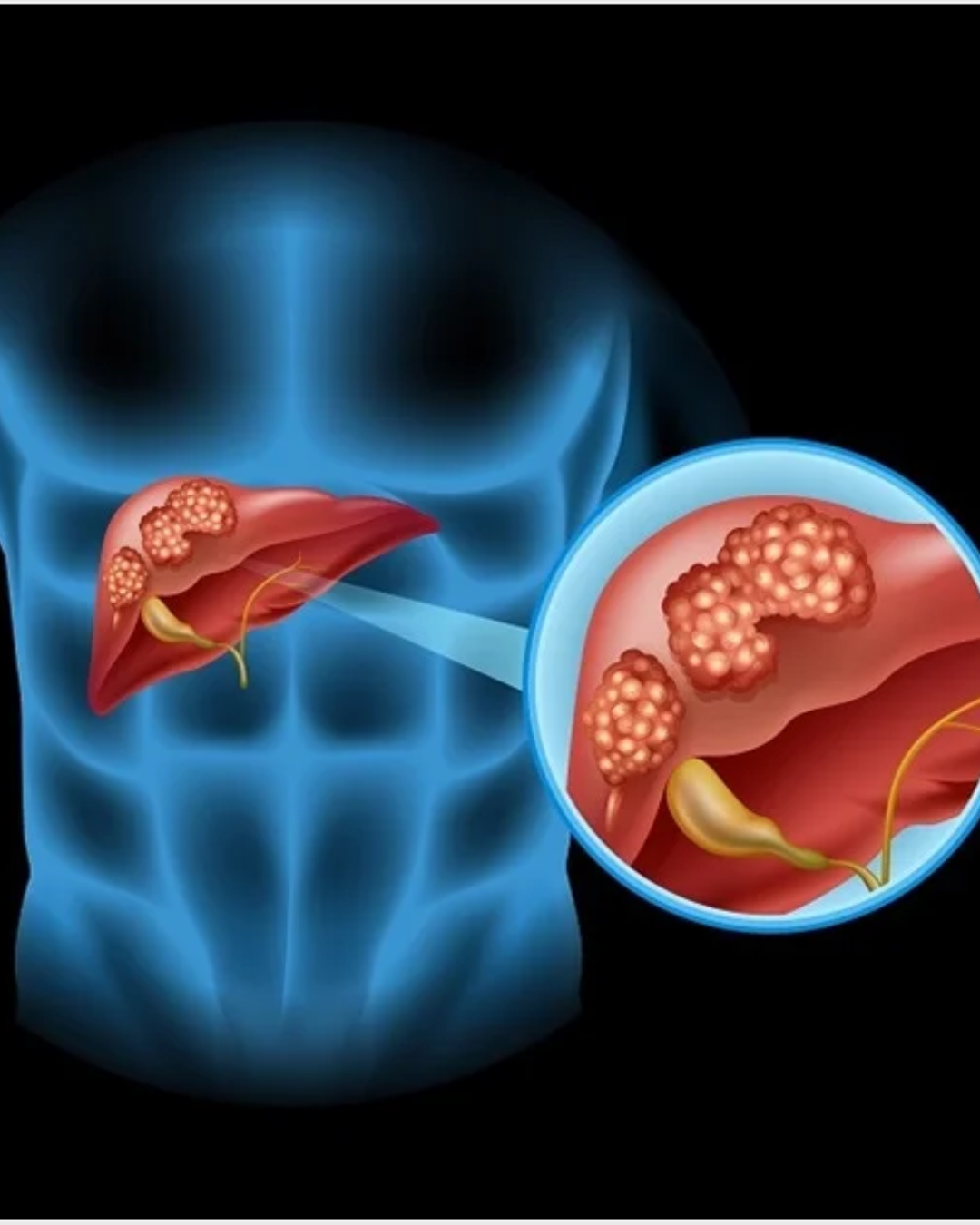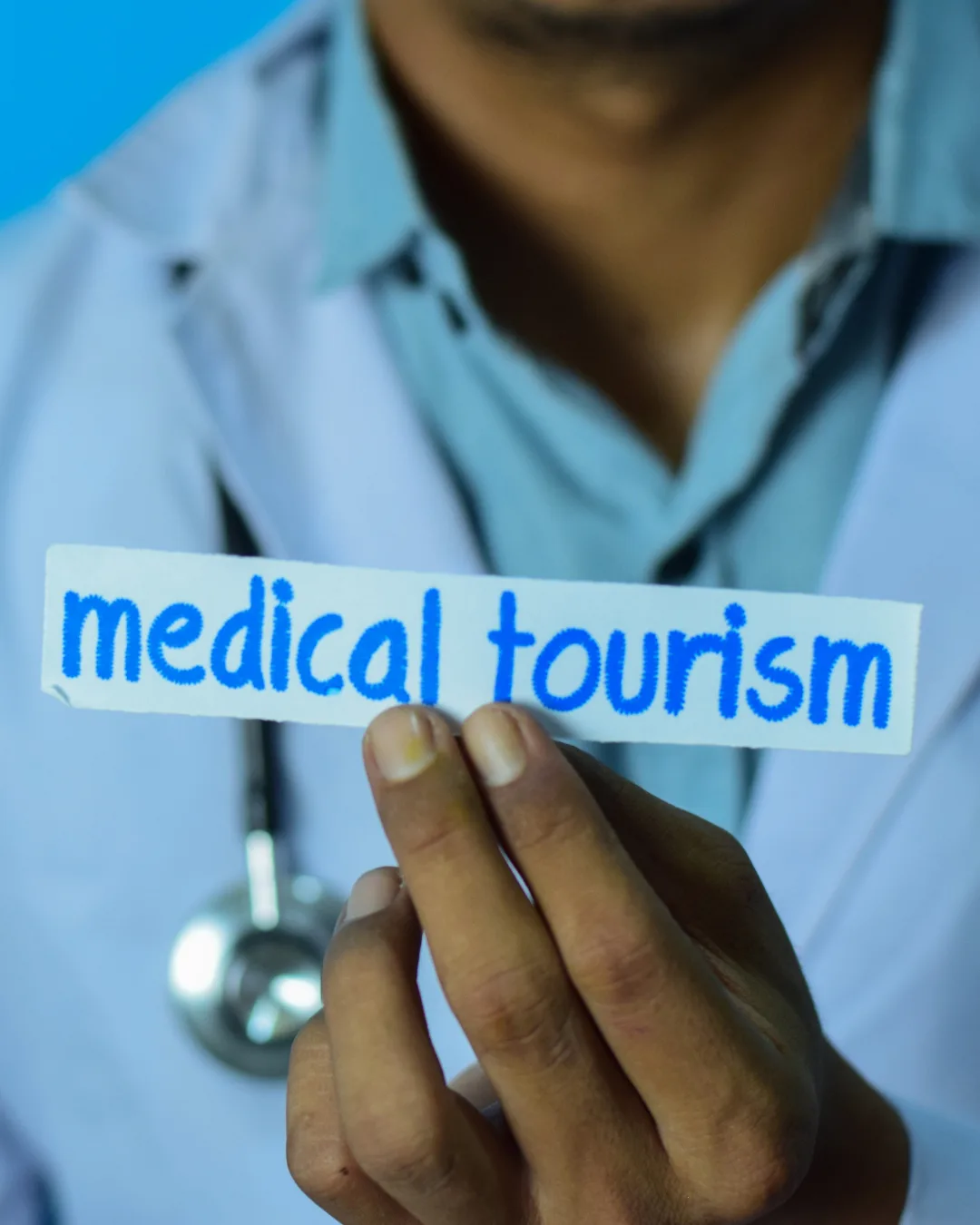Introduction
Lymphoma is a type of cancer that originates in the lymphatic system, a vital part of the body's immune system responsible for fighting infections and diseases. It primarily affects lymphocytes, a type of white blood cell, causing them to grow uncontrollably and form tumors in the lymph nodes, spleen, bone marrow, or other organs. Lymphoma is broadly categorized into two types: Hodgkin lymphoma (HL) and non-Hodgkin lymphoma (NHL), with varying causes, symptoms, and treatment approaches. Common symptoms include swollen lymph nodes, fever, night sweats, and unexplained weight loss. Treatment options range from chemotherapy, radiation therapy, and immunotherapy to stem cell transplants, depending on the type and stage of lymphoma. Advances in medical science offer high success rates, especially with early detection and proper care.
Cost Comparision
The cost of lymphoma cancer treatment varies widely anywhere in the world, depending on the hospital, the stage of cancer, the type of treatment, the number of therapy sessions required, the patient’s overall health condition, post-operative complications, and care, etc. The average cost of lymphoma cancer in India is USD $16,749.
But be assured as the cost of Lymphoma Cancer in India is just a fraction of developed nations.
- Avg Cost of treatment - $16,749
- Maximum cost of treatment - $21,000
Medotil's Pledge: No Hidden Costs, Only Fair Prices!
Treatment costs may vary depending upon several conditions so to get a detailed treatment plan contact us below.
Contact UsFactors affecting Cost of treatment
Type of Lymphoma
- Hodgkin vs. Non-Hodgkin: Different treatment protocols impact costs.
Stage of Cancer
- Early-stage treatment is simpler and less costly than advanced-stage interventions.
Treatment Modality
The chosen treatment approach heavily impacts the overall cost due to varying technologies, drugs, and durations.
Chemotherapy
- A standard treatment for most types of lymphoma, with costs varying depending on drug combinations, number of cycles, and patient tolerance.
Radiation Therapy
- Advanced techniques like IMRT or IGRT, which minimize damage to surrounding tissues, are more expensive than conventional radiation.
Immunotherapy
- Targeted therapies (e.g., monoclonal antibodies) and CAR-T cell therapy are cutting-edge options with high costs due to research, manufacturing, and administration complexities.
Stem Cell Transplantation
- Bone marrow or stem cell transplants, often needed for relapsed or high-risk cases, are among the most expensive treatments due to pre- and post-transplant care and donor matching.
Supportive Care
Includes blood transfusions, antibiotics, and growth factors, all of which are critical for patient recovery and add to the overall cost.
Treatment options
Chemotherapy
- Purpose: Chemotherapy is the primary treatment for most types of lymphoma. It uses powerful drugs to kill or stop the growth of cancer cells.
- Common Drugs: CHOP (Cyclophosphamide, Doxorubicin, Vincristine, Prednisone), ABVD (Adriamycin, Bleomycin, Vinblastine, Dacarbazine) for Hodgkin lymphoma, and R-CHOP (Rituximab with CHOP) for non-Hodgkin lymphoma.
- Administration: Typically administered intravenously, sometimes orally, or through spinal taps (intrathecal chemotherapy) in certain cases.
Radiation Therapy
- Purpose: Radiation therapy uses high-energy rays to kill cancer cells or shrink tumors. It is often used in early-stage lymphoma or in combination with chemotherapy for more advanced stages.
- Types: External beam radiation is the most common, though more advanced technologies like IMRT (Intensity-Modulated Radiation Therapy) and IGRT (Image-Guided Radiation Therapy) may be used to target tumors more precisely and minimize side effects.
Immunotherapy
- Purpose: Immunotherapy boosts the body's immune system to fight lymphoma cells. It is used for certain types of lymphoma, especially in cases where chemotherapy alone is insufficient.
Types:
- Monoclonal Antibodies: Such as Rituximab (Rituxan), commonly used in non-Hodgkin lymphoma (especially B-cell lymphoma).
- CAR-T Cell Therapy: A newer treatment where a patient's T-cells are modified to attack lymphoma cells.
Stem Cell or Bone Marrow Transplant
- Purpose: Used for high-risk or relapsed lymphoma. The patient undergoes high-dose chemotherapy (sometimes with radiation) to destroy their diseased bone marrow, followed by the transplantation of healthy stem cells.
Types:
- Autologous Transplant: The patient's own stem cells are used.
- Allogeneic Transplant: Stem cells are taken from a matched donor.
Targeted Therapy
- Purpose: Targeted therapies are designed to target cancer cells specifically based on genetic mutations or abnormalities present in the lymphoma cells.
- Examples:
- Imatinib (Gleevec): Often used in certain types of non-Hodgkin lymphoma.
- Ibrutinib (Imbruvica): Targeting Bruton's tyrosine kinase in mantle cell lymphoma or chronic lymphocytic leukemia (CLL).
Watchful Waiting (Active Surveillance)
- Purpose: For indolent (slow-growing) forms of lymphoma like follicular lymphoma, immediate treatment may not be necessary. Doctors may monitor the condition closely and begin treatment when symptoms worsen or the disease progresses.
Supportive Care
- Purpose: To manage side effects of lymphoma and its treatment, supportive care is essential.
- Components:
- Blood Transfusions: To manage anemia or low blood counts.
- Antibiotics and Antifungals: To prevent or treat infections due to the weakened immune system.
- Pain Management: To alleviate discomfort caused by the disease or treatment.
Palliative Care
- Purpose: Palliative care focuses on providing relief from symptoms and improving quality of life, particularly in advanced cases or when curative treatment is no longer an option. It is often provided alongside other treatments.
How Medotil Global Assists International Patients
Medical Visa Assistance
- Guides patients through the process of obtaining a medical visa for India.
- Provides necessary documentation support, such as invitation letters from hospitals.
Accommodation Arrangements
- Helps secure comfortable and affordable lodging near treatment centers.
- Offers a range of options, including guest houses, hotels, or serviced apartments.
Food Services
- Assists in arranging dietary preferences, including international cuisines and special diets for medical needs.
Transportation Support
- Provides airport pickup and drop-off services.
- Offers reliable transportation for hospital visits and local travel.
Hospital and Doctor Selection
- Recommends top hospitals and connects patients with experienced specialists in their specific condition.
- Ensures access to advanced medical treatments and technology.
Tourism Services
- Organizes visits to famous tourist attractions like the Taj Mahal, Jaipur, Kerala, and other cultural landmarks.
- Tailors travel plans based on patient preferences and recovery needs.
24/7 Support
Provides round-the-clock assistance for any queries or emergencies during the stay in India.
Best Doctors
Medotil's Promise: No hidden charges
Rest assured, no additional cost will be incurred from our end because your health is priceless.
Request a Free Consultation Contact UsTop Hospitals
